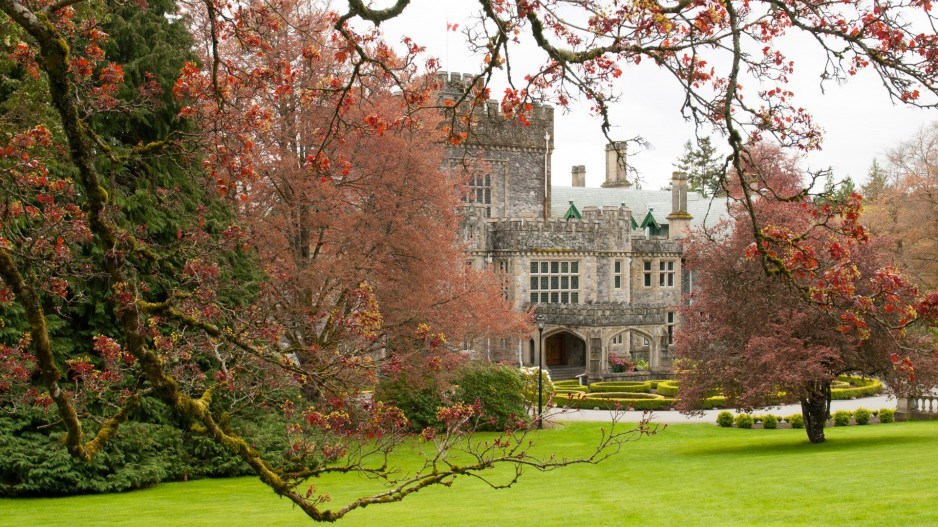Working on a tourism project with the Tl’azt’en, Zaa Derik Joseph realized his Nation would benefit from a relationship with the business community – and that by earning a master of arts in professional communication at Royal Roads University, he could help build that relationship.
With a young daughter to support, the Victoria-born Joseph couldn’t follow the traditional mature-student route of abandoning or postponing his career to study. Besides, he liked his work at the BC Institute of Technology: adviser with Aboriginal Services, communications instructor and director of the Faculty and Staff Association. Why would he give that up?
Reflecting a more practical – and indeed more productive – approach increasingly popular among professionals seeking higher education, Joseph learned while he worked. And he found that the two endeavours complemented and enhanced each other.
Forward-looking businesses are encouraging employees like Joseph, who graduated in 2013, to study for a degree while they continue working. They recognize that employees contribute more while they’re learning – because they’re putting what they learn into their work.
It’s a dramatic break from the traditional post-secondary model of students absorbing theory within bricks-and-mortar classrooms, then trying to remember and apply it afterward in the real-life workplace. Royal Roads takes the innovative approach of letting students combine learning and practical usage simultaneously.
As Mehgan Cabrera, manager of student recruitment at RRU, says, “Theory without practice is not going to meet the needs of our savvy, mature and experienced students striving to stay ahead of the curve.
“At Royal Roads we choose to take it even further by shifting the focus from teaching to learning. Students are actively engaged in their learning community. Faculty are both scholars and practitioners, committed to the experiential learning of their students.”
A university since 1995, Royal Roads has proven a leader in creating this innovative, organic learn-work blend that fits our age of barrier-free, global information flow.
In most RRU programs, short residencies establish the network that extends into the online portions of students’ study – and beyond. That’s key, because in today’s marketplace networking is vital to successful business practice, says Joseph, who recalls the “enthusiasm, professionalism and creativity” of the students he learned with. He stresses how everyone helped and relied on each other, building a strong network they still maintain post-graduation.
He cautions that studying for a degree while working full-time “was hard, very hard. I had to compartmentalize my life. But the Royal Roads blended online learning with residencies in a way that was a good fit for my schedule.
“As well, the faculty is amazing. Their guidance and support is unparalleled. Dr. Virginia McKendry and Dr. Joshua Guilar [of the School of Communication and Culture at Royal Roads] said to me, ‘Why not?’ and for my personality, that was a green light to projects and applied learning. I appreciated the sense that there were no boundaries.”
Cabrera agrees that maintaining “work-life balance while seeking higher education is no easy task, especially if your educational options demand high levels of synchronous face time when what you’re really craving is home time. That said, our program delivery models were designed to meet the needs of both undergraduate and graduate students seeking to advance their education without losing a foothold in their careers.
“Students working full-time choose Royal Roads University because they can keep working and gain a very relevant outcomes-based education, while maintaining their most important personal commitments. Our undergraduate students seeking full-time education options choose RRU because they can work hard and get into the workforce faster through our degree completion programs.”
Cabrera echoes Joseph’s experience that the supportive relationships formed at RRU – as opposed to mere list-like networks of people you don’t know well – are solid and long-lasting. She marvels at “the lengths that our alumni go to, to stay connected to their RRU teams. Whether it’s yearly vacation destinations for business exchanges, monthly check-ins or new entrepreneurial startups – our alumni are committed.”




